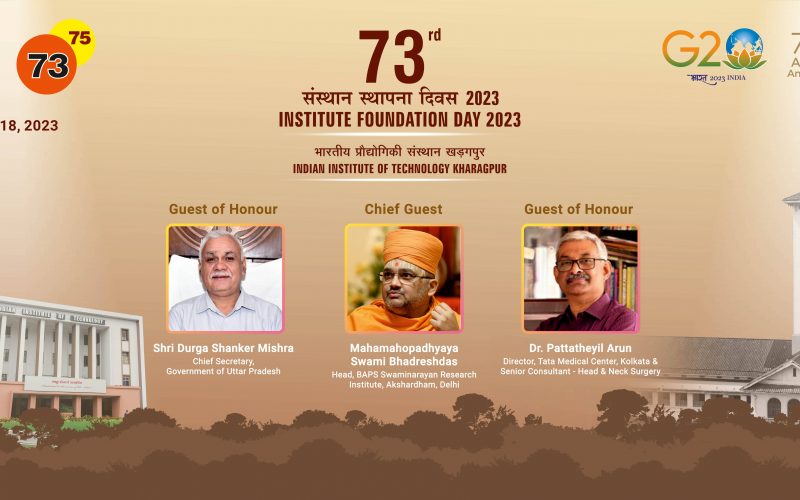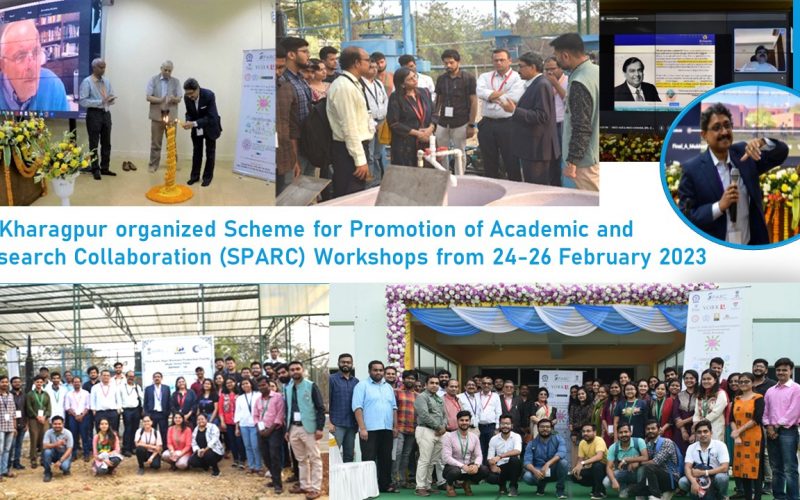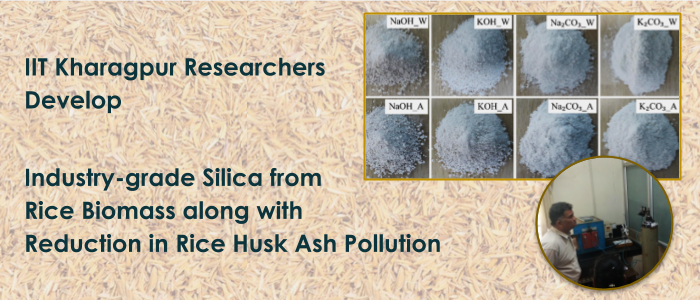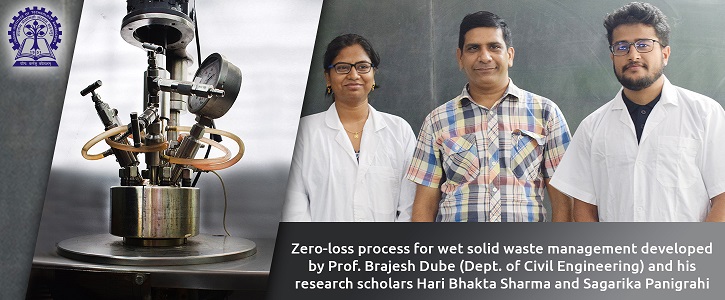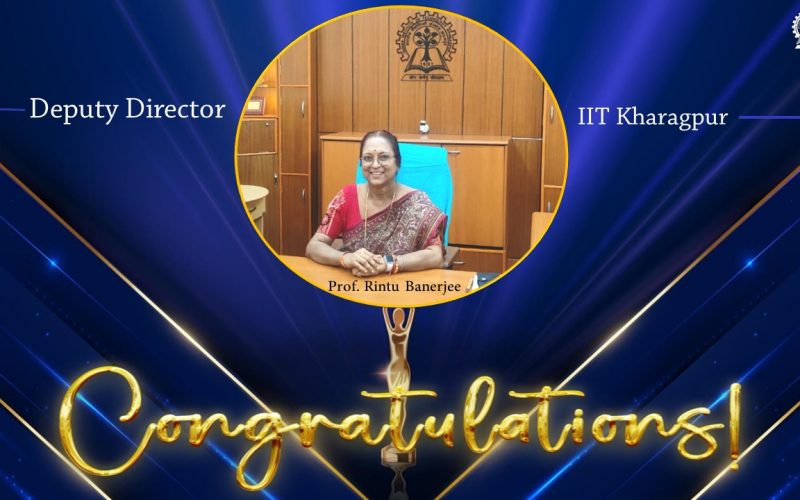
First Lady Deputy Director for the First IIT of the Nation
It is an immense pleasure and delight to welcome Prof. Rintu Banerjee as the new Deputy Director of IIT Kharagpur. Prof Banerjee has created a historical breakthrough by being the first woman to take over the charge of a Deputy Director of the first IIT of the country and the world. Prof. Banerjee is the Founder Head and is presently the Chairperson of P K Sinha Centre for Bioenergy and Renewables. She has also served as the Head of the Centre for Rural Development, Innovative and Sustainable Technology and Head of the Department of Agricultural & Food Engineering at IIT…

